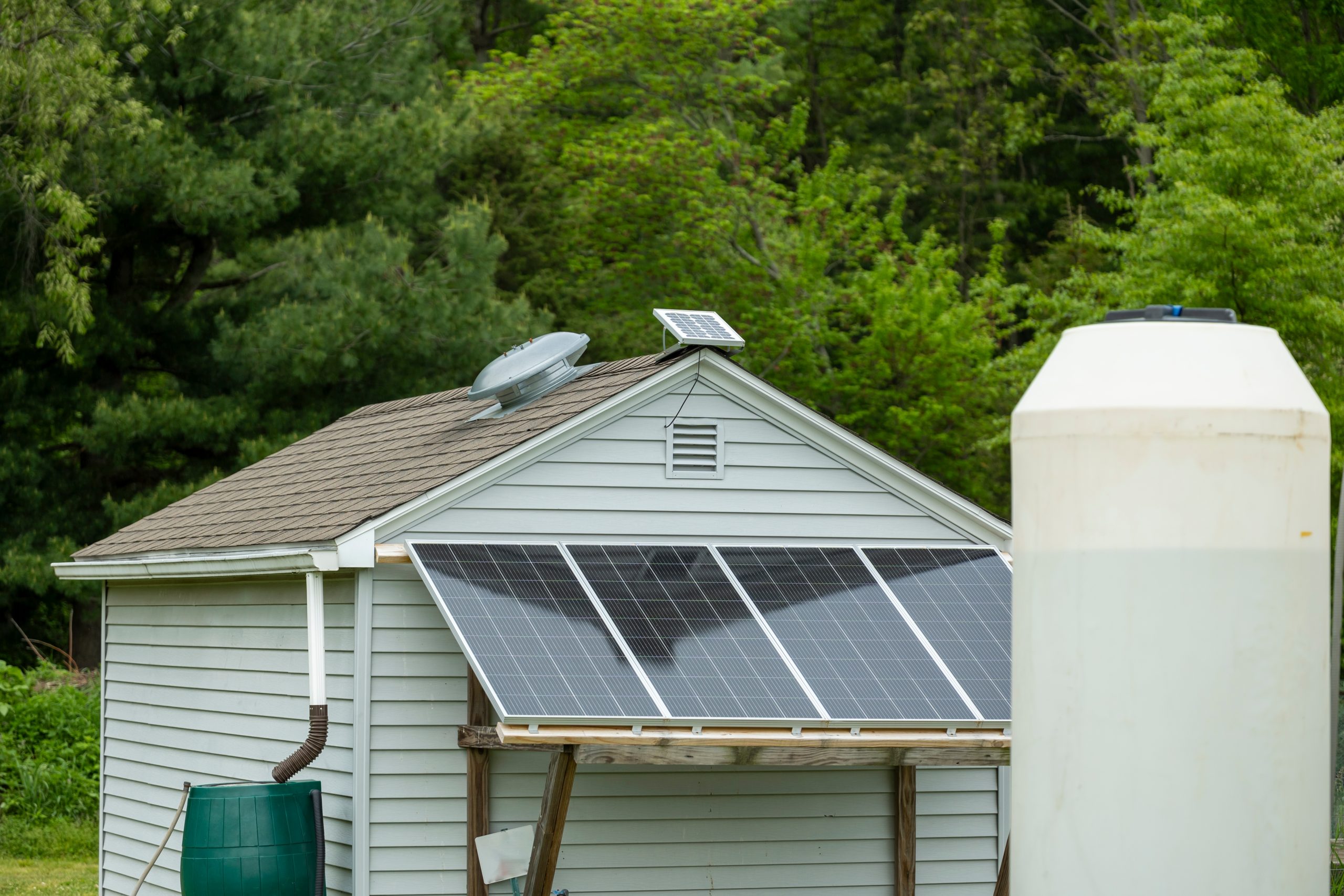Off-grid living has become increasingly popular in recent years as people seek to reduce their reliance on modern infrastructure, embrace sustainability, and live a more self-sufficient lifestyle. The idea of disconnecting from public utilities and creating a life powered by renewable resources is appealing to many. However, living off the grid also comes with its challenges. If you’re considering making the leap, it’s important to understand both the benefits and the potential drawbacks. Here’s a breakdown of the pros and cons of off-grid living.
The Pros of Off-Grid Living
1. Energy Independence
One of the most significant advantages of off-grid living is energy independence. Instead of relying on power grids, water systems, or gas lines, off-grid homes are often powered by renewable energy sources like solar panels, wind turbines, or hydropower systems. This not only allows you to reduce your carbon footprint, but it also shields you from rising energy costs and potential outages.
Tip: Investing in reliable energy storage solutions, like batteries, ensures you can store surplus energy for cloudy days or other situations when your primary energy source isn’t producing.
2. Sustainability
For those looking to live more in harmony with nature, off-grid living offers an excellent opportunity to embrace a sustainable lifestyle. By relying on renewable resources for energy, using rainwater collection systems, and managing waste responsibly (like composting), off-grid living promotes a lower environmental impact and can help reduce pollution and resource depletion.
Tip: Start small by growing your own food using sustainable methods like permaculture or companion planting, which can make your homestead more self-sufficient.
3. Cost Savings in the Long Run
Although the initial investment in off-grid infrastructure like solar panels, water filtration systems, and composting toilets can be high, it often pays off in the long run. Once your systems are set up, you won’t have to deal with monthly utility bills for electricity, water, or gas. Over time, this can save you a significant amount of money.
Tip: Consider a phased approach to setting up your off-grid systems. Start with essential components, such as solar panels, and gradually expand as you gain experience and resources.
4. Privacy and Freedom
Living off the grid often means you’re in a more rural or secluded location, offering a greater sense of privacy and freedom. Without close neighbors or the constant hum of city life, off-grid living can provide a peaceful environment where you’re more connected to nature. You also have more control over how you manage your home and resources.
Tip: Off-grid living doesn’t have to be completely isolated. Many off-grid communities exist where people can share knowledge, support, and resources.
The Cons of Off-Grid Living
1. High Initial Setup Costs
While off-grid living can save money over time, the initial setup costs can be daunting. Solar panels, energy storage systems, water filtration systems, and other infrastructure required for off-grid living are not cheap. Additionally, maintaining and repairing these systems can also be costly if something breaks down.
Tip: Look for used or refurbished equipment to lower initial costs. Many people sell second-hand solar panels or batteries that are still in good condition.
2. Maintenance and Responsibility
When you live off the grid, the responsibility for maintaining your home’s systems falls entirely on you. Whether it’s fixing a solar panel, maintaining a septic system, or troubleshooting your water filtration system, you’ll need to have a good understanding of how everything works—or be willing to learn.
Without access to utility companies or repair services, any problems that arise will require either DIY skills or hiring specialized help, which can be both time-consuming and expensive.
Tip: Take the time to learn about the systems you’re installing before making the leap. Online courses or workshops on solar energy or water management can give you the skills you need to maintain your off-grid setup.
3. Weather Dependency
Many off-grid systems, especially energy systems like solar and wind power, are highly weather-dependent. Solar panels require sunlight, and wind turbines require a consistent wind supply. During cloudy, rainy, or windless periods, you may face power shortages unless you have an adequate backup system.
Tip: Invest in energy storage systems or alternative energy sources like a generator to avoid outages during periods of low renewable energy production.
4. Limited Access to Modern Conveniences
Living off the grid often means giving up some of the modern conveniences we take for granted. Depending on how remote your off-grid location is, you may have limited access to high-speed internet, reliable phone service, or easy access to grocery stores and other services. This can make off-grid living isolating for some people.
Tip: If total isolation isn’t for you, consider living off the grid closer to a town or community, where you can still have access to essential services without fully compromising the off-grid lifestyle.
